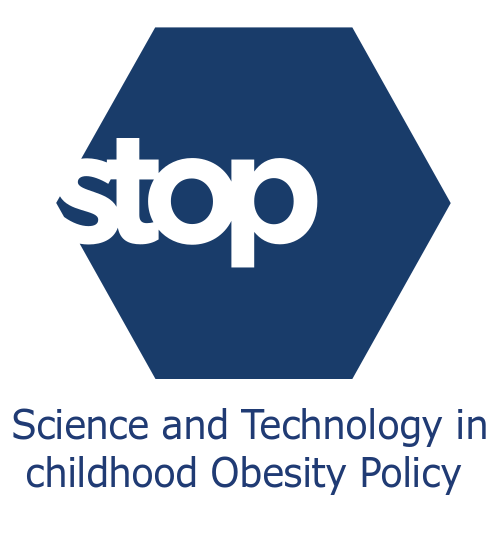Congratulations to Dr. Tim Lobstein and Prof Paulina Nowicka, who, have been invited to support World Health Organization (WHO) 13th General Programme!
Over the last decade, childhood and adolescent obesity has risen dramatically worldwide, and trends are unlikely to shift without concerted and coordinated effort. In fact, few countries have a better than 50% chance of meeting global targets of no increase in the prevalence of obesity by 2025.[i] Without substantial interventions to prevent and treat childhood obesity, the numbers of children living with obesity is predicted to rise from the current estimates of around 150m worldwide, to over 250m by 2030.[ii] Obesity in childhood is closely associated with obesity in adulthood, and with more years living with obesity, both of which are linked to an increased risk of developing non-communicable and worsened outcomes from infectious diseases such as COVID-19.[iii]
Recognising the need to protect child rights and prevent childhood obesity, World Health Organization (WHO) is developing two science-informed, people-centred prospective guidelines on the management of infant, childhood, and adolescent obesity. By adopting a primary health care approach, both groups will seek to address the broader determinants of health through multisectoral policy and action, in addition to focusing on people’s needs and striving to educate and empower communities.
The guideline development groups’ work is aligned with the 2030 Agenda for Sustainable Development and supports WHO’s 13th General Programme of work (2019-2023) that outlines triple billion targets:
- One billion more people to benefit from universal health coverage
- One billion more people better protected from health emergencies
- One billion more people enjoying better health and well-being
Specifically, the Group will support in assessing the scope of the guidelines, rank priority outcomes, support in the interpretation of scientific evidence, formulate recommendations, review the recommendations prior to submission to WHO, identify the implications for future research and existing gaps as well as discuss national-level evaluation and considerations criteria.
Read more on the scope and purpose of the groups here:
- Management of infants and children at high risk (excessive adiposity) and children with obesity for improved health, functioning and reduced disability
- Management of adolescents 10-19 years of age with obesity for improved health, functioning and reduced disability.
We congratulate Dr Tim Lobstein and Prof Paulina Nowicka, two STOP consortium members, for being invited to contribute to the guideline development process.

